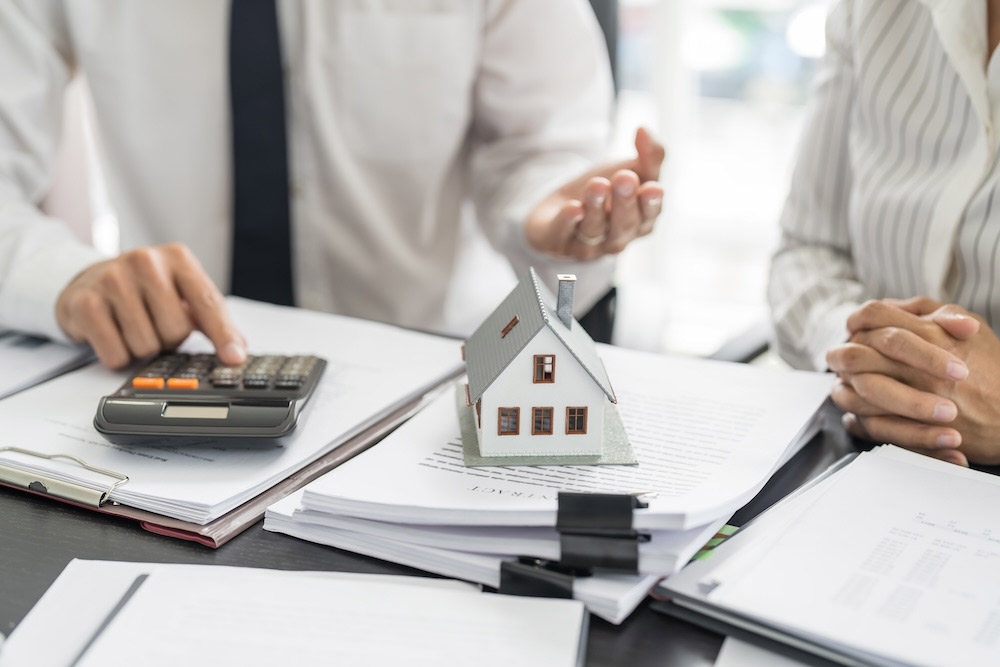
As interest in the Thai property market continues to rise, more foreigners are looking to invest in popular destinations like Pattaya. Recent reports indicate that Thailand has experienced a steady increase in foreign property investments, with many investors drawn to luxury condos for sale in Pattaya. The market is expected to expand at an annual growth rate of 1.69% from 2024 to 2029, reaching an estimated value of USD 2.73 trillion by 2029.
Before taking advantage of these market opportunities, it's essential to understand property tax in Thailand. Knowing which taxes apply and how to manage them effectively will help you avoid expensive mistakes and make smarter investment decisions. In this blog, we will help you get familiarized with applicable taxes and some common mistakes to avoid.
If you're a foreigner looking to own property in Thailand, it's important to know that you can't own land outright due to the Land Code Act. However, there are some alternatives you can explore:
Freehold ownership grants foreigners full and indefinite rights over a property. This is most commonly available for condominiums, where foreign buyers can own up to 49% of the units within a building. Freehold properties also carry fewer long-term financial obligations compared to other ownership types, such as minimal property taxes over the years.
Leasehold ownership allows foreigners to use a property for a specified period, typically 30 years. This lease can be renewed twice, extending to 90 years. Leaseholders are temporary possessors, meaning you don't own the land or building outright.
The transfer fee is a one-time tax paid when property ownership is transferred to a new owner. In Thailand, this fee is generally set at 2% of the property's appraised value, determined by the local land office. This tax is always shared between the buyer and seller, although the specifics can vary based on negotiations during the sale process. For example, if you buy a condo valued at THB 3 million, the transfer fee would amount to THB 60,000 (2% of THB 3 million).
Stamp duty is another tax that may apply to property transactions in Thailand. This tax is levied at a rate of 0.5% of the property’s appraised value and is payable by the seller unless otherwise agreed upon in the sale contract. In practice, many sellers pay the transfer fee, thereby exempting themselves from the stamp duty.
Withholding tax applies to foreign property sellers and is calculated based on the profit made from the sale. The tax rate can vary depending on whether the seller is an individual or a corporation. For individuals, the withholding tax rate can range from 1% to 15% of the sale price, depending on the duration of property ownership. For example, if a foreign national sells a condo for THB 4 million and has owned it for less than five years, the withholding tax may be calculated at 15%, which would be THB 600,000.
The business tax is 3.3% of the appraised or registered sale value. This tax applies to both individuals and companies, especially those selling property they have owned for less than five years. If the property is sold after five years or if it is inherited, this tax is not charged, and only a stamp duty is applied.
One of the most significant mistakes foreigners make is not fully understanding their tax obligations. The Thai tax system can be complex, especially for those unfamiliar with local regulations. This lack of awareness can lead to unexpected costs or legal issues, as failing to pay required taxes can result in fines or even property seizures.
Another common mistake is miscalculating property taxes. Additionally, the value used to calculate annual property tax can be misunderstood or incorrectly assessed, leading to discrepancies in tax payments.
Accurate records are crucial for tax purposes, as they can provide proof of purchase price, rental income, and any expenses incurred during ownership. Without proper documentation, it becomes challenging to calculate taxes accurately or dispute local authorities' tax assessments.
Understanding property taxes in Thailand is essential for making informed investment decisions. You can save money and reduce potential legal issues by avoiding these mistakes and staying aware of your tax obligations. Whether you’re interested in a luxury condo for sale in Pattaya or exploring other real estate opportunities, consulting a property agent in Pattaya, Thailand, can ease your journey by providing local insights and guidance on various property taxes.
Don’t leave your investment to chance. Explore your options today and contact Pearl Property Pattaya. Let us help you navigate the Thai property market with confidence and ease!The Edge Central Pattaya is a luxurious high-rise condominium development located in the heart of Pattaya city on Pattaya’s Second Road. With 31 floors and a total of 603 units, Edge Central Pattaya offers residents breathtaking views of the city and the ocean, as well as a wide range of top-notch amenities. Location: Convenience at Your Doorstep Edg...
Table of Contents Known for its beaches, nightlife, and affordable living, Pattaya has become a popular choice for individuals who are looking to invest in real estate. However, the decision to buy or rent property in Pattaya can be a difficult one. In this article, we will explore the pros and cons of buying vs. renting a property in Pattaya. Introduction...
การใช้เว็บไซต์นี้ต่อไป เราจะถือว่าคุณยินดีรับคุกกี้ที่คัดสรรมาอย่างดี คุณยอมรับคุกกี้เหล่านี้และการประมวลผลข้อมูลส่วนบุคคลที่เกี่ยวข้องหรือไม่


